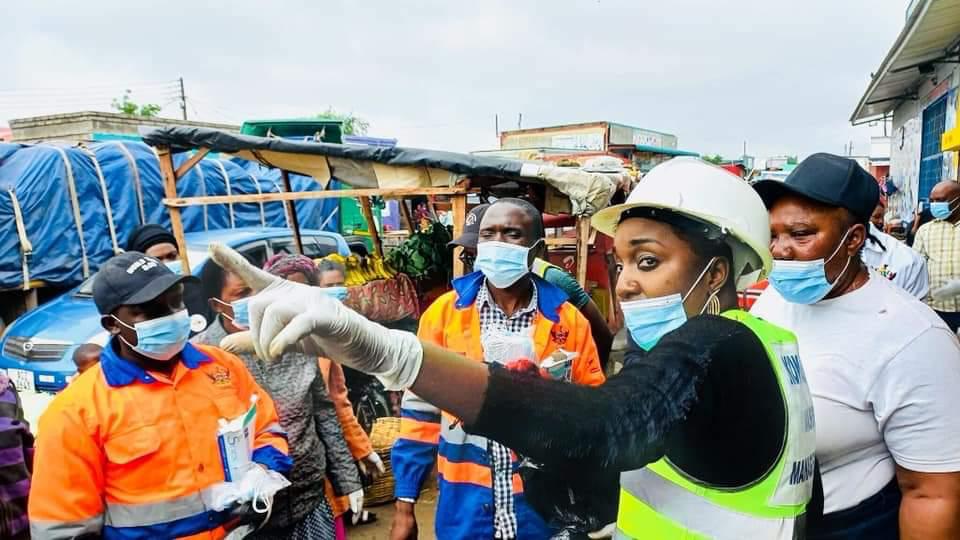Our waste, Our manure!

The challenge
The project
Know more...
Investment
(*): In kind/pro bonus
(**): Financing
Funds
Needed
Covered
Solicited
Investment
(*): In kind/pro bonus
(**): Financing
(*) (**)
u$s 18700.00
u$s 2300.00
u$s 16400.00
(**)
u$s 1678.00
u$s 0.00
u$s 1678.00
(**)
u$s 10840.00
u$s 3990.00
u$s 6850.00
(**)
u$s 6978.00
u$s 0.00
u$s 6978.00
(**)
u$s 7200.00
u$s 0.00
u$s 7200.00
(**)
u$s 18678.00
u$s 1568.00
u$s 17110.00
(*) (**)
u$s 5400.00
u$s 0.00
u$s 5400.00
(**)
u$s 5500.00
u$s 0.00
u$s 5500.00
(**)
u$s 3456.00
u$s 0.00
u$s 3456.00
(**)
u$s 9567.00
u$s 2891.00
u$s 6676.00
(**)
u$s 5905.00
u$s 0.00
u$s 5905.00
(**)
u$s 3789.00
u$s 0.00
u$s 3789.00
(*) (**)
u$s 24823.00
u$s 2000.00
u$s 22823.00
(**)
u$s 21059.00
u$s 1500.00
u$s 19559.00
(*) (**)
u$s 6890.00
u$s 1456.00
u$s 5434.00
(**)
u$s 6715.00
u$s 0.00
u$s 6715.00
(**)
u$s 1789.00
u$s 0.00
u$s 1789.00
(*) (**)
u$s 32345.00
u$s 3600.00
u$s 28745.00
(**)
u$s 28978.00
u$s 2907.00
u$s 26071.00
(**)
u$s 10678.00
u$s 2000.00
u$s 8678.00
(**)
u$s 9100.00
u$s 0.00
u$s 9100.00
(**)
u$s 5890.00
u$s 1000.00
u$s 4890.00
(**)
u$s 2742.00
u$s 0.00
u$s 2742.00
Funds
Needed
Covered
Solicited
Consumables (*) (**)
u$s 18700.00
u$s 2300.00
u$s 16400.00
Launch Materials (**)
u$s 1678.00
u$s 0.00
u$s 1678.00
Fence (**)
u$s 10840.00
u$s 3990.00
u$s 6850.00
Separation Skip Bins (**)
u$s 6978.00
u$s 0.00
u$s 6978.00
Protective clothing (**)
u$s 7200.00
u$s 0.00
u$s 7200.00
Tools (**)
u$s 18678.00
u$s 1568.00
u$s 17110.00
Fuel (*) (**)
u$s 5400.00
u$s 0.00
u$s 5400.00
Tablets (**)
u$s 5500.00
u$s 0.00
u$s 5500.00
Smartphones (**)
u$s 3456.00
u$s 0.00
u$s 3456.00
Education Communication (IEC) materials (**)
u$s 9567.00
u$s 2891.00
u$s 6676.00
Packaging materials (**)
u$s 5905.00
u$s 0.00
u$s 5905.00
Sealing equipment (**)
u$s 3789.00
u$s 0.00
u$s 3789.00
Funds
Needed
Covered
Solicited
Venue (*) (**)
u$s 24823.00
u$s 2000.00
u$s 22823.00
Printing of Books (**)
u$s 21059.00
u$s 1500.00
u$s 19559.00
Transport (*) (**)
u$s 6890.00
u$s 1456.00
u$s 5434.00
Branding (**)
u$s 6715.00
u$s 0.00
u$s 6715.00
Telephone services (**)
u$s 1789.00
u$s 0.00
u$s 1789.00
Funds
Needed
Covered
Solicited
Consultant (*) (**)
u$s 32345.00
u$s 3600.00
u$s 28745.00
Facilitators (**)
u$s 28978.00
u$s 2907.00
u$s 26071.00
Managers (**)
u$s 10678.00
u$s 2000.00
u$s 8678.00
Technicians (**)
u$s 9100.00
u$s 0.00
u$s 9100.00
Administrative staff (**)
u$s 5890.00
u$s 1000.00
u$s 4890.00
Funds
Needed
Covered
Solicited
Awards-Certificates, trophies and presents (**)
u$s 2742.00
u$s 0.00
u$s 2742.00

